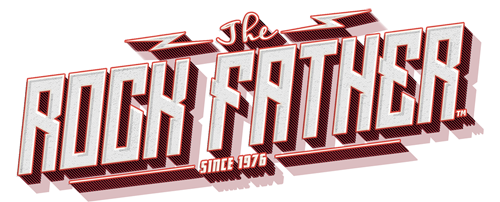Unfortunately, most car owners will have to deal with some degree of damage to their car at some point in their life. The average number of car accidents in the U.S. every year is a whopping six million. When it does happen, it can be hard to know exactly what steps you should take. Should you go through your auto insurance? Should you try to fix the damage yourself? Here are a few tips you can use if you ever find yourself with damage to your car.
Assess The Damage
If it’s safe to do so, take a moment to assess just how bad the damage is when you discover it or when it occurs. Is it just a few dents and dings, a fender bender, or is your car completely totaled? The type of damage will determine your next steps. That being said, make sure you’re taking a look at the damage only if you’re sure it’s safe to do so. If the damage is from an accident, get to safety before you’re getting out of your car to check on it.
The Insurance Decision
Once you’ve got an idea of how serious the damage to your vehicle is, you’ll need to choose whether or not to turn to your auto insurance for help. Insurance won’t necessarily be worth it for all types of damage, but in more serious cases they can be incredibly helpful. The three most common types of auto insurance claims are for fender benders, theft, and whiplash. However, in cases of small, isolated damage, it might be worth taking care of it on your own outside of your insurance. Running damage claims through your insurance has a potential of impacting your insurance rates, so it’s up to you to decide what’s most worthwhile for your situation.
Keep in mind that insurance decisions might change if you’re operating a commercial vehicle. In most cases, the owner of your company will use their insurance to cover the damage. After all, there are more than 5.9 million commercial vehicle operators in the U.S. alone. If you’re in an accident while driving a commercial car or truck, talk to your employer for other options.
Repairing Or Replacing
In the case of smaller, isolated damage, it’s safe to say it’s worth repairing your car instead of looking for a replacement. However, for larger, more expensive damage, you’ll want to decide what your best course of action is. Sometimes damage can be worth repairing even if it’s expensive based on the type of car you drive. For example, an older, classic car with a manual transmission may be damaged in a collision. Manual transmissions get about three to five more mpg compared to automatic transmissions and are becoming increasingly hard to come by when shopping for a car. In this case, while the damage might be almost as expensive to repair as simply buying a new car, it’d be worth repairing since finding a replacement will be difficult.
Future Damage Protection
Recovering from car damage doesn’t stop once the damage has been repaired. To be truly prepared to handle damage, you’ll want to plan for ways to avoid damage and protect your car in the future. For example, let’s say your car was damaged by a particularly nasty hail storm. The National Weather Service reports that it generally takes a hailstone the size of a golf ball to damage a vehicle. Instead of ending up with a pockmarked car in the future, change where you park your car and avoid driving in inclement weather.
Nobody ever wants to deal with a damaged vehicle, but sometimes it’s unavoidable. If you do head out to your car one morning to find that it’s been damaged, use these tips as a guide to handling the situation as well as possible and keeping your car safe in the future.




